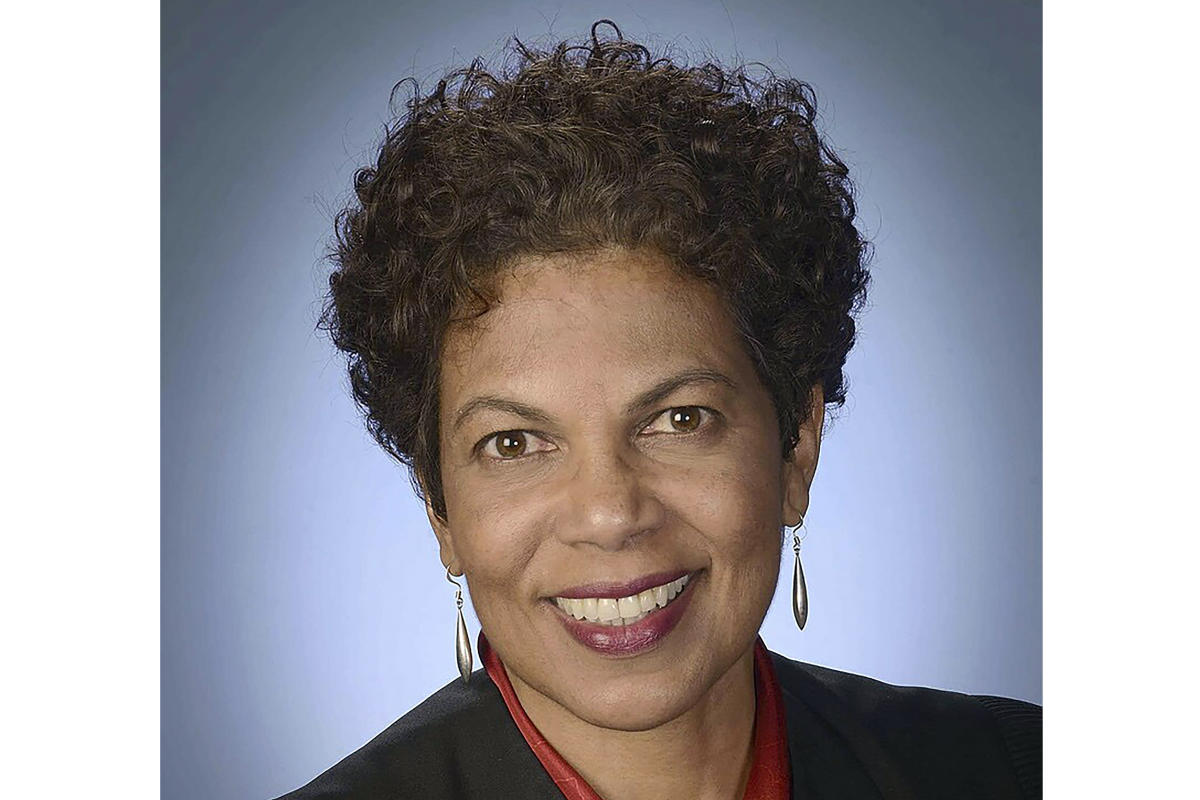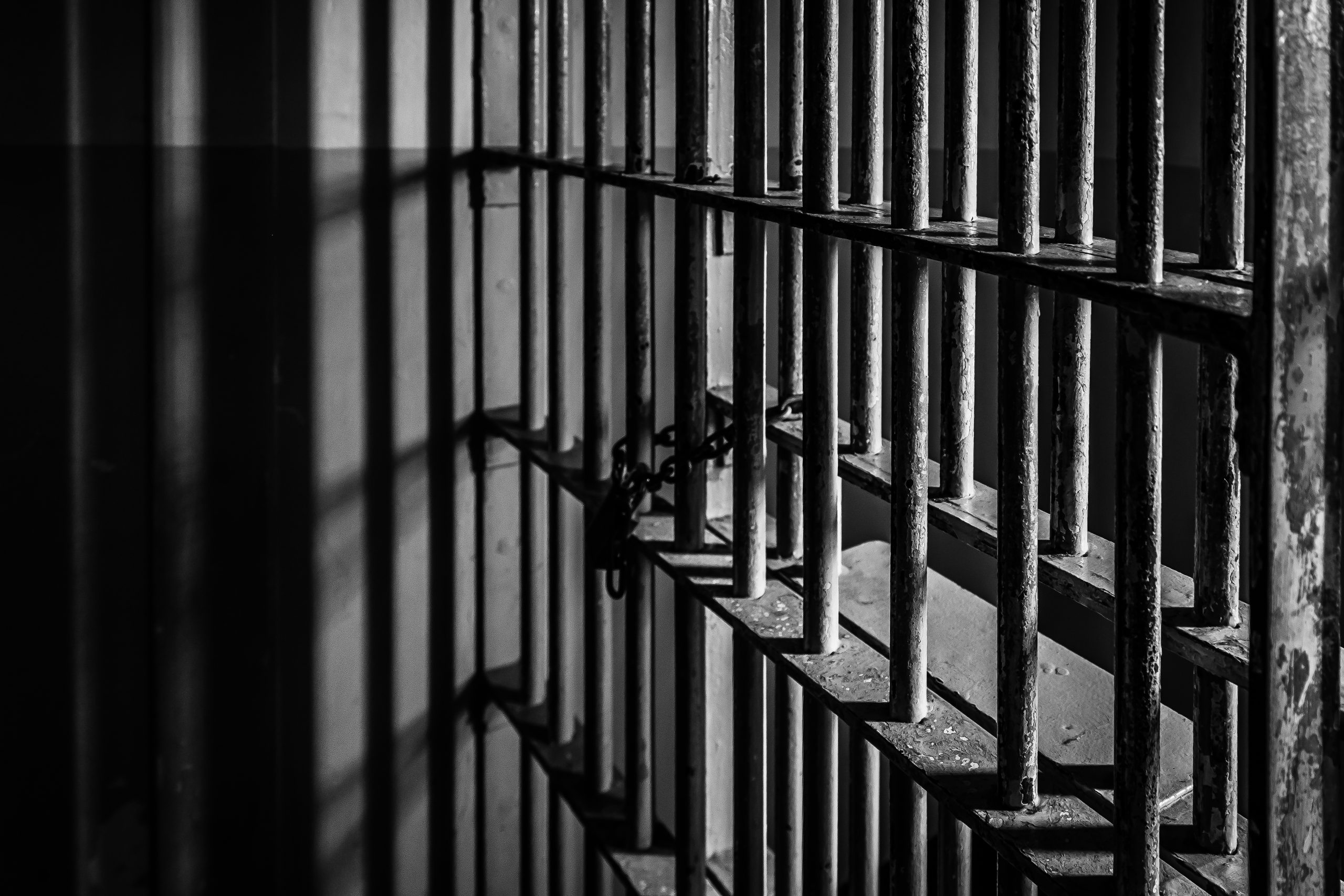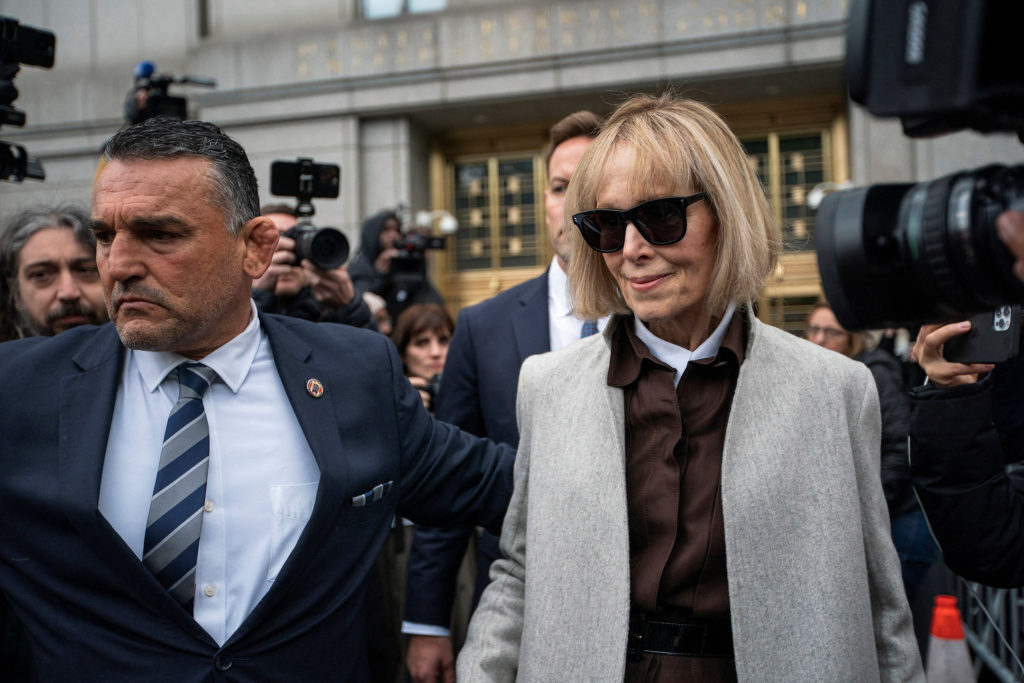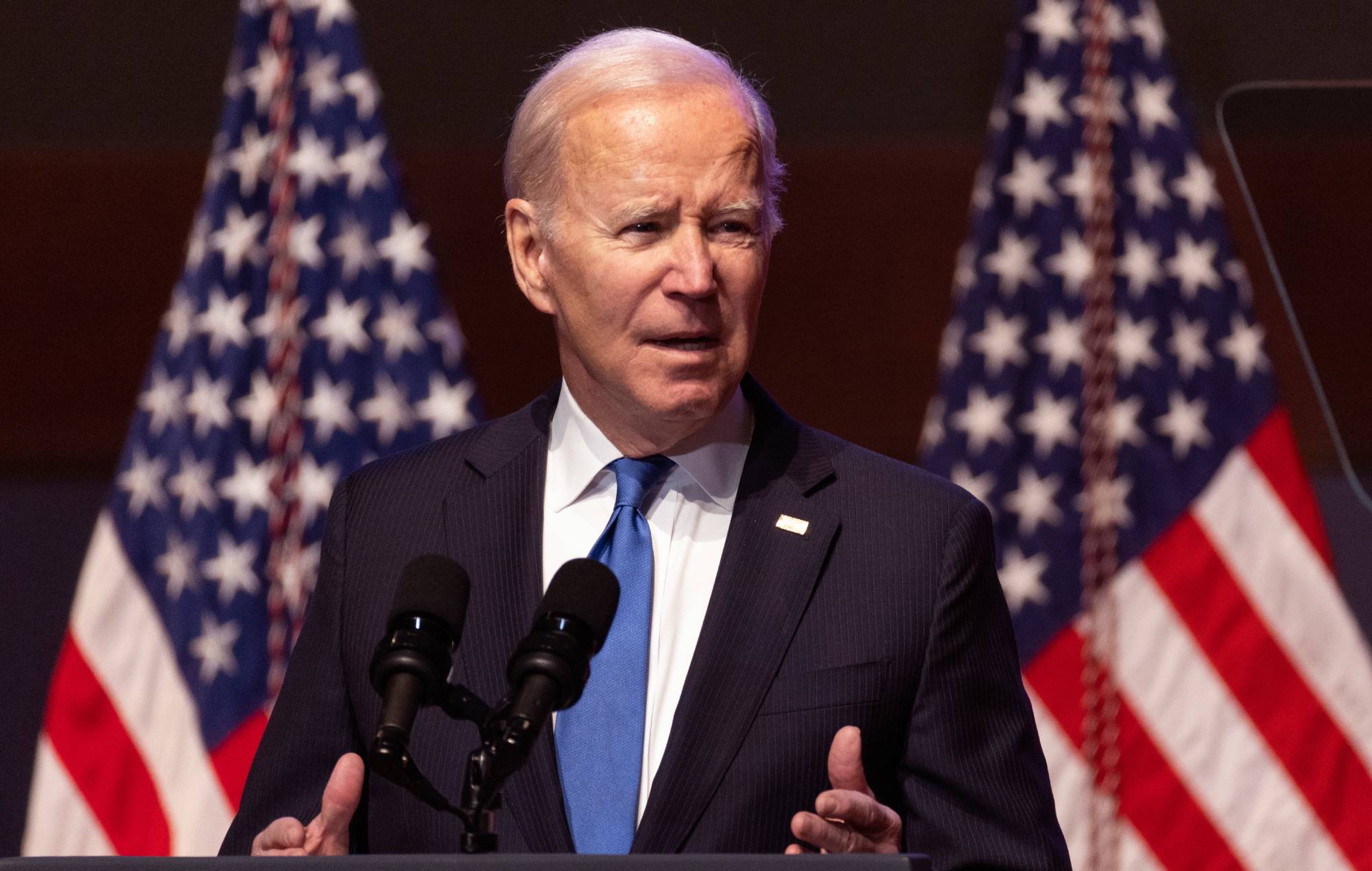U.S. District Judge Tanya Chutkan, who is overseeing the federal election meddling case involving former President Donald Trump, was swatted at her Washington, D.C., home on Sunday night. After investigating a 10 p.m. shooting report at the judge’s home, the Metropolitan Police Department in Washington found no crime. Trump often criticizes Judge Chutkan in speeches and on social media.
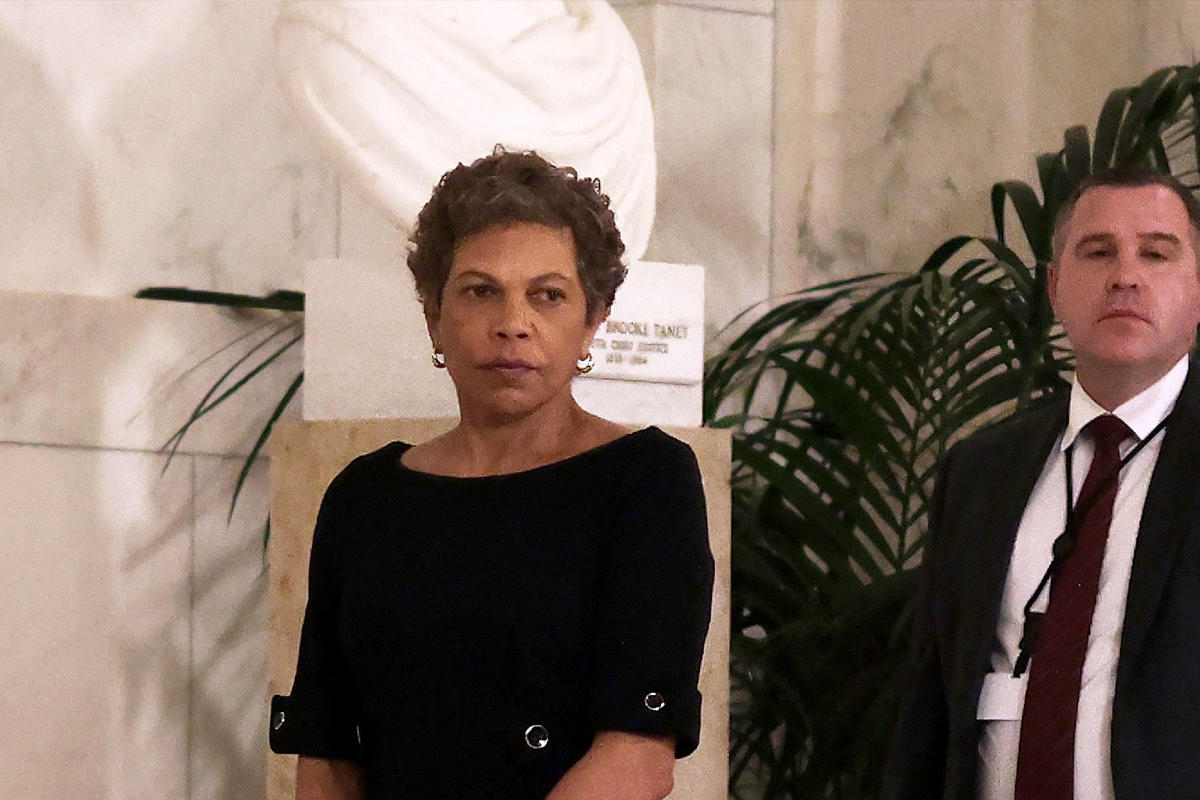
Judge in Trump Case Faces Swatting Incident; Legal Battle Continues
Law enforcement sources said the situation was quickly resolved with no more disturbances. Trump’s legal team will argue Chutkan’s rejection of “presidential immunity.” in a federal appeals court. Tuesday is hearing day.
Swatting, a dangerous and unlawful practice, involves falsely reporting severe crimes like shootings or hostage situations to law enforcement to elicit an armed response, usually by SWAT teams. It is harassing and intimidating and puts targeted individuals and law enforcement officers at risk.
In recent weeks, swatting events against US state and federal authorities have increased. The event involving Judge Chutkan was not discussed by U.S. Marshals, who guard federal judges.
READ ALSO: Before Iowa Caucuses and New Hampshire Primary, Vivek Ramaswamy’s Campaign Halts
Safety Concerns for Officials Rise Amid Swatting Incidents and Legal Battles
Officials in high-profile cases have additional obstacles after the swatting event. Trump’s legal battles and public remarks on January 6’s events came as federal and state officials nationally handle a rise in swatting attacks. The FBI is fighting and tracking coordinated swatting sprees against institutions.
As court proceedings continue, the event raises concerns about officials in politically important cases’ safety and security. Legal battles, public criticism, and swatting techniques highlight the difficult challenges legal and political professionals face. Authorities will likely monitor high-stakes court procedures and protect participants.
